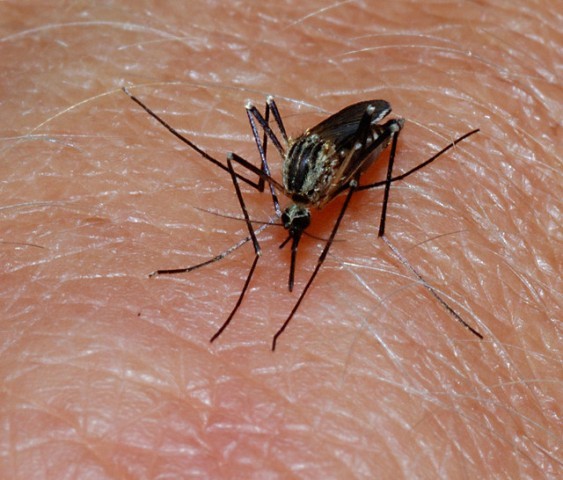Malaria Changes Body Scent in Infected Patients and Attracts Mosquitoes: Study

Malaria changes the body odor of infected patients, which attracts mosquitoes, according to a study.
Malaria is a deadly mosquito-borne infection that is spread by the bite of an infected female anopheles mosquito. Researchers from the ETH Zurich and Pennsylvania State University conducted a study on mice that had malaria and found increased levels of gametocytes or the reproductive cells of parasite in their blood. This attracted more mosquitoes to feast on the blood of infected mice.
It was observed that ingestion of gametocytes from the mice's blood prompts improvement in the mosquitoes' gut. The plasmodium in infected hosts does not trigger the unique scent components. The current study could not confirm if only infected mice carried these components, however, they noted malarial pathogens can modify their levels in uninfected mice. This helps explain why patients attacked with malaria smell more pleasing to mosquitoes though they do not emit body odor that is noticeably different.
"Since mosquitoes probably don't benefit from feeding on infected people, it may make sense for the pathogen to exaggerate existing odor cues that the insects are already using for host location," said Mark Mescher, study author and researcher at Pennsylvania State University, in a news release.
It was further noticed the infected mice did not exhibit any disease symptoms but their body odor helped indicate the presence of virus in the blood. Their body scent also changes with progression of the disease. The study results can be related to human beings who are equally vulnerable to contract malarial infections and get bitten by mosquitoes. They authors believe further investigation is needed to determine non-invasive methods of diagnosis and treatment for malaria.
More information is available online in the journal Proceedings of the National Academy of Sciences.
Jul 02, 2014 07:13 AM EDT




